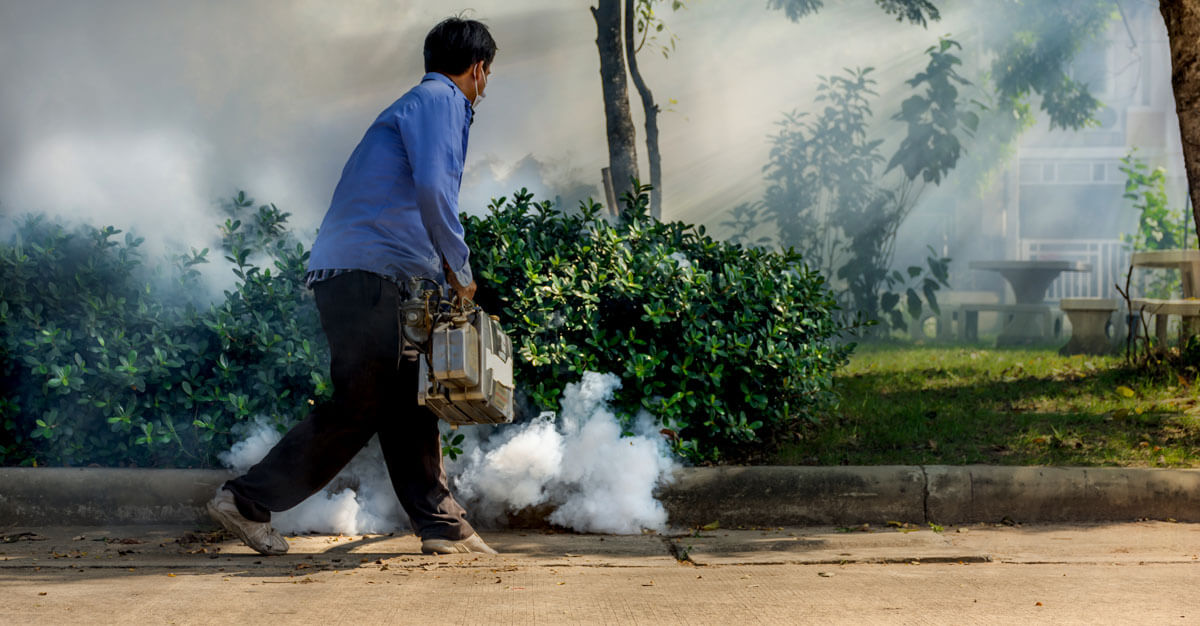
Mosquitoes have been considered more than a simple annoyance to humanity for years. They’re responsible for unleashing deadly diseases all over the world. One of those diseases is yellow-fever a protozoan pathogen responsible for a staggering amount of illness and death. And in the typical fascinating style of the natural world, the mosquito and malaria are working together. This symbiosis is much to their benefit – and our detriment.
Contrary to viruses like dengue or Zika, malaria is actually a microscopic parasite. Malaria is often found in mosquitoes living in Southeast Asia or Sub-Saharan Africa. And malaria is responsible for anywhere between one to three million deaths every year. More often than not, the victims are young African children.
You might consider something like a parasite to cause problems in their hosts, but malaria ends up doing the exact opposite in their mosquito homes. Malaria gives mosquitoes the heightened ability to find hosts, such as humans, through the smell of blood. And malaria works so well with mosquitoes that it even improves their functions. Mosquitoes are granted superpowers like more robust immune systems, better physical health, and improved reproductive ability.
Their alarming ability to “stay young” because of malaria means that older mosquitoes infected with the pathogen will continue to reproduce and seek out hosts well into their lives compared to uninfected mosquitoes. This reprogramming of the mosquito’s brain could be the missing link to fighting off malaria and keeping the mosquitoes that are infected from replicating the disease. And now that a link has been discovered between the two, scientists can start taking new approaches towards battling the illness and the mosquitoes.
Because these infected mosquitoes are more hungry for blood, malaria-infested mosquitoes are much more likely to cause more bites, increasing the chances of passing down their malaria to humans. Since the increase in feeding and reproduction benefits both the pathogen and the insect, it’s safe to say that their relationship is incredibly symbiotic. It will take much more research to determine if breaking up their relationship is possible.
There doesn’t seem to be a cut-and-dry solution to separating this deadly duo. But now that scientists better understand their relationship, it’s becoming much easier to develop new mosquito repellent options to help keep people safe from malaria. And the more we can keep diseased mosquitoes away from their food source, the more human precious lives we can save.
Passport Health provides antimalarials, repellents and more to individuals traveling throughout the globe. Call or book online to schedule your appointment today.
Written for Passport Health by CJ Darnieder. CJ is a freelance writer and editor in Chicago. He is an avid lover of classical music and stand-up comedy and loves to write both in his spare time.

 US - English
US - English CA - English
CA - English Rest of World - English
Rest of World - English